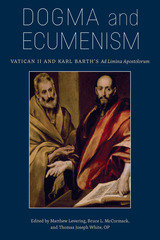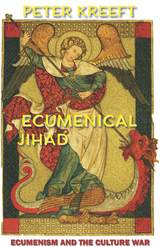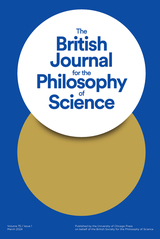

Aware of the deep theological differences of these monotheistic faiths, Kreeft calls for a moratorium on our polemics against one another so that we can form an alliance to fight together to save Western civilization.

Contemporary ecumenism is a revival of a Reformation ideal. The Colloquy of Poissy was the last great expression expression of that ideal. At the colloquy, held in 1561 on the eve of the French religious wars, revived Catholicism and emergent international Protestantism met in an attempt to establish peace, unity, and reconciliation of differing viewpoints. A history of this great conference reveals how unfinished was the Reformation and how tragic a turn it had taken.
This work on the colloquy presents the dialectical complexities of the sixteenth-century theology—a theology that had emerged with binding strands of religious idealism and political interest. Theology was, indeed, the medium of discourse, but it was not an end in itself. Rather, it was a means to a higher goal: religious reconciliation.
The present analysis, therefore, is not so much a study in the abstractions of theology as it is a study in ecumenism. Poissy is placed in a larger historical background and the author carefully and critically weighs all factors which affected the chances for religious unity. Within this larger context, he argues that the colloquy placed the participants at the final crossroads of the Reformation. When it was over the Reformation was sealed and the Counter-Reformation signaled.
Donald Nugent’s approach is revisionist; his theological orientation is Erasmian, ecumenical, and speculative. He shows that ecumenism has been effectively and banefully excised from historiography and argues that it must be reintegrated into the story of the Reformation. Because we live in a new age of ecumenism, the author’s insights and conclusions are especially appropriate. We have now that keen and historical dimension which cannot but help illuminate contemporary life.
READERS
Browse our collection.
PUBLISHERS
See BiblioVault's publisher services.
STUDENT SERVICES
Files for college accessibility offices.
UChicago Accessibility Resources
home | accessibility | search | about | contact us
BiblioVault ® 2001 - 2024
The University of Chicago Press









